Reader Favorite Books About Pregnancy for Working Moms
This post may contain affiliate links and CorporetteMoms may earn commissions for purchases made through links in this post. As an Amazon Associate, I earn from qualifying purchases.
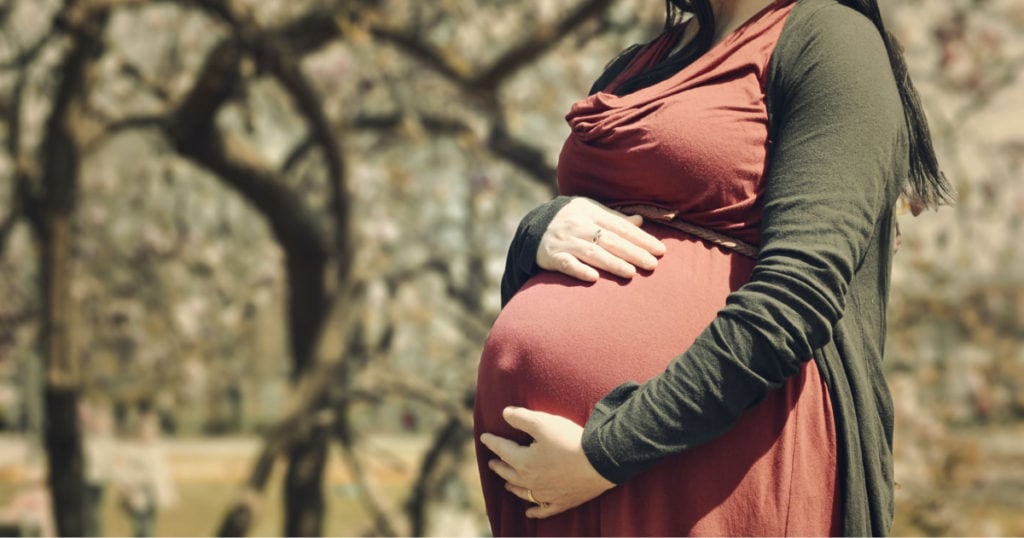
Last week, we noticed a great reader comment thread on books about pregnancy and motherhood, and today we’re sharing them all! They cover conception, pregnancy, childbirth, breastfeeding, infant care, baby sleep, working motherhood, and more. Some of the titles are new, while others have gone through decades’ worth of editions.
We’d love to hear about your experiences with these pregnancy and parenting books, so please share your thoughts and recommendations! We’ve covered a lot of these categories before, though not in a while, including the best pregnancy books for future working moms, the best books for new working moms, and 5 great books on work-life balance.
Note: Some of the reader recommendations below (which include some of our own favorites) offer various philosophies on giving birth, breastfeeding, (trying to) get your baby to sleep, and so on. Some of these books have been the subject of debate (to varying degrees), and a particular book’s inclusion in this list doesn’t equal wholehearted endorsement. And of course, regarding many of the topics in these books, there isn’t a single “right” way to parent. (As Amy Poehler wrote in Yes, Please, “[This] is the motto women should constantly repeat over and over again. Good for her, not for me.”)
This post contains affiliate links and CorporetteMoms may earn commissions for purchases made through links in this post. For more details see here. Thank you so much for your support!
Most links below go to Amazon; don’t forget to check your local library as well!
The Best Books About Pregnancy and Parenting for Working Moms
As a mom-to-be, you will probably receive this classic book, which is apparently “read by more than 90% of pregnant women who read a pregnancy book,” as a gift — even if you haven’t asked for it. What to Expect covers all of the basics and beyond. (Note: Some people accuse the “What to Expect” series of books fearmongering, so it’s a good idea to balance them with others.) Note that the title has grown into its own brand; check out WhattoExpect.com.
If you’re in any mom Facebook groups, you’ll hear a lot about “wonder weeks.” The Wonder Weeks explains the periods of development during the first 20 months of a baby’s life that may make them more challenging to care for (meaning more crying, crankiness, etc.). These “stormy weeks” alternate with “sunny weeks.”
In addition to details about the wonder weeks, this book includes information about babies’ sleep, fill-in-the-blank checklists for your baby’s personality, fun games for brain development, and more. (You can be the judge of whether it lives up to the title’s “stress-free” promise.)
In These Unprecedented Times, hiking and camping with little ones can be an excellent way of taking an enriching , refreshing break from everyday life without once uttering the words “N95” or “variant.” This book looks at “nature deficit disorder” among kids and gives advice on how to enjoy being active with babies and toddlers. The author explains how to celebrate the outdoors as a family and gives tips on gear, clothing, food, and … the logistics of spending time outdoors with kids who aren’t potty trained yet.
While it’s easy to find books that tell you everything you need to know about the physical changes you’ll go through when you’re pregnant, this book by two reproductive psychiatrists focuses specifically on the positive and negative emotions you’re likely to feel during pregnancy and early motherhood and helps you understand and manage them. It explores an expectant mother’s moods, hormones, brain chemistry, identity, and relationships, and it stresses the importance of taking care of yourself.
The authors point out that although the book is for “women who are physically pregnant,” it aims to be inclusive; it’s written for “opposite- and same-sex, cisgender and transgender, single and divorced, married and unmarried parents.”
This book contains everything you need to know about breastfeeding, including how to nurse your baby comfortably and what to know about breastfeeding in specific situations (preemies, multiples, C-sections, post-childbirth complications, etc.). It gives tips on dealing with issues such as food allergies, postpartum depression, daycare, etc., and explains how to build a support network. (Note that some reviewers felt that the book was “preachy” and/or “judgmental.” Readers, what are your thoughts?)
This bestseller, written by a registered nurse and certified lactation consultant, is a complete guide to breastfeeding. In addition to lots of basic nursing advice, the book includes information on breastfeeding a preemie, breastfeeding after a C-section, pumping (and breast pumps), introducing solid foods, and more. The book also includes “survival guides” for quick reference and advice on the safety of prescription drugs during breastfeeding.
The No-Cry Sleep Solution was written to provide a “gentle” option for parents who are desperate for sleep but want to avoid the “cry it out” method. It offers step-by-step sleep strategies for naptime and nighttime. Pantley’s “Persistent Gentle Removal System” is designed to teach your baby to fall asleep without breastfeeding, bottle-feeding, or a pacifier. Pantley gives advice on determining your baby’s biological sleep rhythms and figuring out why your baby is having trouble sleeping through the night. Her tips were developed in part by working with 60 families.
I’m sure would highly recommend this book if I had actually read it; in early parenthood, my husband and I only had the energy to watch the companion DVD (hey, it was 2010), which we borrowed from the library. Dr. Karp’s strategies — specifically, the 5 S’s — work extremely well for calming the typical baby, and I’m so glad we learned them early on! (If you also aren’t going to read this book either, here’s a Babies & Toddlers Q&A playlist from the Happiest Baby YouTube channel, as well as a video book summary from an unaffiliated channel.)
Note: The Happiest Baby brand also makes the SNOO Smart Sleeper Bassinet, which is intriguing but will set you back $1,595. (Readers, any SNOO experiences to share?)
The author of this book, Dr. Janet Kennedy, provides sleep therapy, psychotherapy, and coaching through NYC Sleep Doctor. While her website notes that she’s taking a sabbatical from sleep consultation for babies and young children, you can use this book, The Good Sleeper, to take advantage of her expert advice. Dr. Kennedy helps parents understand baby sleep, provides tools for sleep problems, addresses co-sleeping and attachment parenting, and explains why she believes “cry it out” and “extinction” methods may be better than gentler methods.
This book, which notes, “The Fifth Trimester is when the working mom is born,” shares advice from 800 moms, including tips on pumping, taking stock of your emotions as a new mother, dealing with sleep deprivation, asking for flextime, touring daycares, interviewing nannies, and more. Good Housekeeping called it “the working mom bible.”
The author, Lauren Smith Brody, also founded The Fifth Trimester, which provides coaching for working moms and analysis/consulting for businesses that employ them.
Written by a doula, Natural Hospital Birth advises moms-to-be on how to give birth in a hospital without unnecessary medical intervention. It includes input from moms who have successfully had a “natural” birth in a hospital, as well as advice for dealing with medical professionals during labor, putting together a supportive birth team, and making plans for different scenarios that may occur during labor and childbirth.
This 800-page book includes all the essential info about pregnancy, including the growth of a fetus, the changes you can expect in your own body, the safe use of medicines when you’re pregnant, and advice on making important decisions during pregnancy. The book educates readers on conception, birthing options, pregnancy exercise, lactation options, childbirth classes, and much more.
This book is one of the few on this list that I hadn’t heard of, so I checked out the NYT review from 2015. It noted that the author had wondered, “How had breast-feeding gone from a personal choice to what seemed like an imperative and an all-out cause?” and it pointed out that “The truths she uncovers may make your jaw drop.” Jung looks at the research behind breastfeeding as well as the business and social foundations of breastfeeding advocacy and how issues of race and class are closely connected.
How Not to Hate You Husband After Kids is partly a book of advice and partly a memoir sharing the author’s experiences as a new mom. She provides relationship research and tips from couples’ and sex therapists (as well as fellow parents) while explaining — often in a humorous way — how she and her husband improved their relationship after becoming parents and found ways to share the load more evenly.
Note: If you’re looking for a non-heteronormative book about parenting and partners, check out Confessions of the Other Mother: Nonbiological Lesbian Moms Tell All! by Harlyn Aizley or Journey to Same-Sex Parenthood: Firsthand Advice, Tips and Stories from Lesbian and Gay Couples by Eric Rosswood.
This very popular sleep book offers an alternative to “cry it out” while maintaining the goal of teaching babies to “self-soothe.” Dr. Weissbluth includes step-by-step advice to help babies develop healthy sleep habits and shares key information on implementing bedtime routines, recognizing the signs that your baby is sleepy, tackling sleep problems, and putting your baby to bed when they are “drowsy but awake.” (“Sorry, you expect me to do WHAT?!” was the typical reaction from my son whenever we tried that technique.)
Heading Home with Your Newborn provides tons of trustworthy advice for your child’s first year from the American Academy of Pediatrics — through two pediatrician moms. You’ll learn about feeding/breastfeeding, pumping, diapering, bathing, helping your baby sleep, traveling with a baby, and more. Sections focused more on parents include information on “the baby blues” and postpartum depression. The authors present their advice in a light and friendly way.
We’ve linked to professor, economist, and author Emily Oster’s writing a few times in our weekly news roundups — including articles from her ParentData newsletter, and we also shared this NYT article that called her a “lodestar for a certain set of parents, generally college-educated, liberal and affluent.” (Oster was also called “one of the most respected — and reviled — voices of the pandemic” in this Vox story.)
Oster wrote Expecting Better to reveal certain pregnancy advice as misguided — and sometimes incorrect — and to give moms-to-be data to make their own informed choices during pregnancy. Some of the topics the book delves into are miscarriage, induction, epidurals, C-sections, premature birth, and caffeine/alcohol during pregnancy.
Cribsheet‘s subtitle says it all: It’s “a data-driven guide to better, more relaxed parenting, from birth to preschool.” Oster takes a close look at the research to debunk parenting myths around subjects like breastfeeding, circumcision, colic, allergies, potty training, sleep training, daycare, vaccination, and screen time. Oster emphasizes that parenting decisions affect more than your kids — they affect you, too — and encourages parents to feel less guilt.
One helpful customer review noted, “For each topic, Oster presents (1) what published research is out there, (2) a methodological evaluation of that research, (3) the core takeaways from the research, and (4) how to think about the findings in the context of other practical considerations of being a parent.”
American journalist Pamela Druckerman wrote Bringing Up Bébé after having her baby in Paris. After noticing how different French children’s behavior was from the average American kid, she wondered why — and she spent three years researching differences in French sleep training, feeding schedules, and family life so that she could pass on advice to American parents. (Note that perhaps the book has not aged well since its 2012 publication date.)
P.S. If you read this book, please pronounce “bébé” exactly like Moira.
We included Balance Is a Crock in our Corporette post on must-read books for businesswomen. Back then, Kat wrote, “If you’re pondering kids, you must read this book!” The book takes on working motherhood with snark and humor while offering helpful, practical tips, and has been called a “bible for working mothers,” “wickedly funny,” and the “perfect irreverent self-help manifesto for any working mom who struggles to keep it together.” Balance Is a Crock delves into maternity leave, returning to work, pumping, and other working-mom facts of life.
This baby care guide shares tons of advice for new parents from a pediatrician in a straightforward but often funny way. Topics include sleep, soothing a fussy baby, feeding/breastfeeding, child development, first aid, and choosing a pediatrician.
Readers, do tell! What have been your favorite books about pregnancy and parenting? Have you enjoyed (or been tempted to hurl across the room) any of the above?

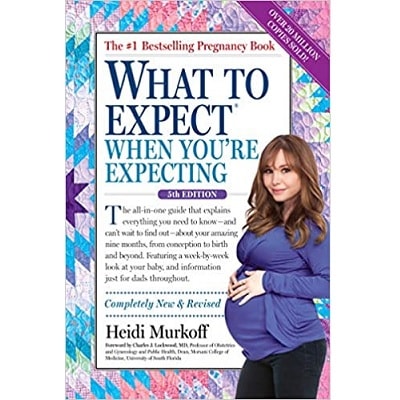
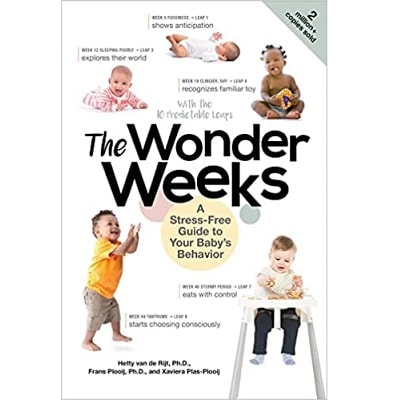
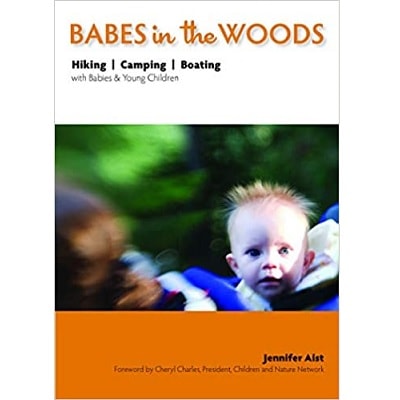
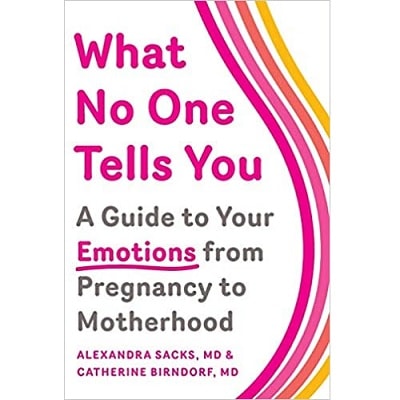
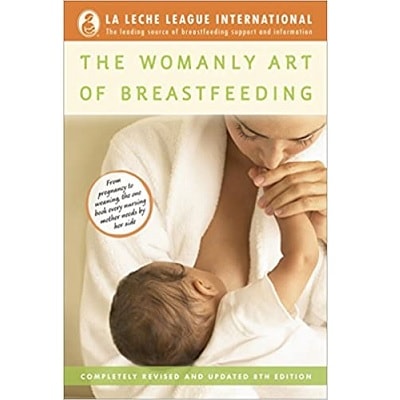
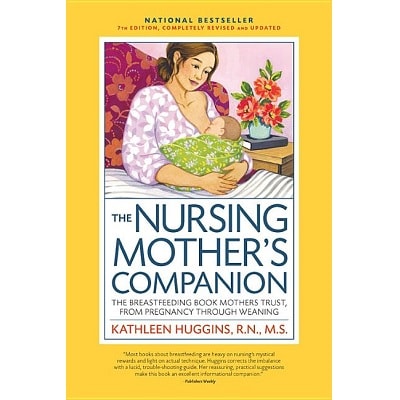
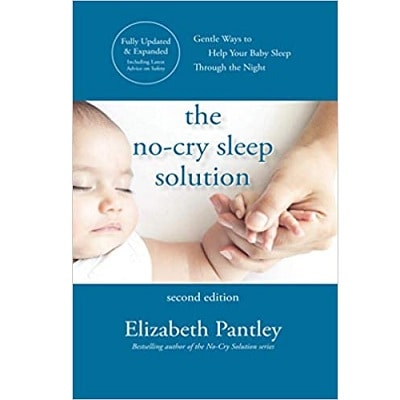
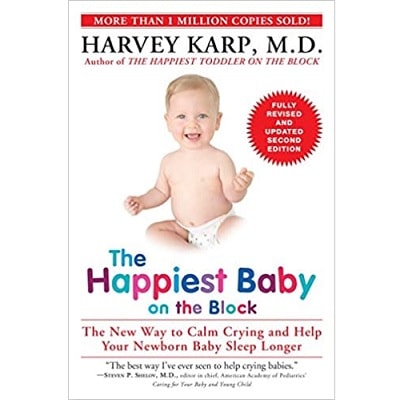
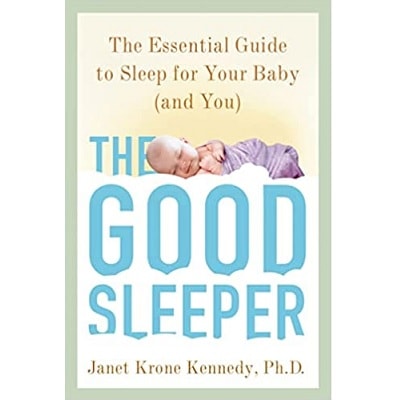

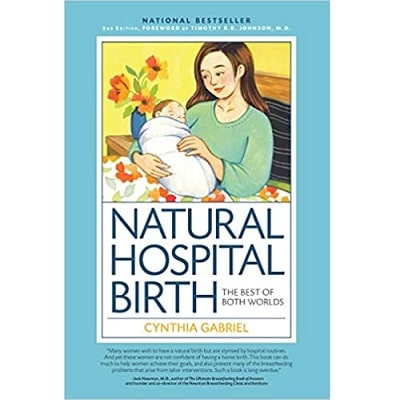
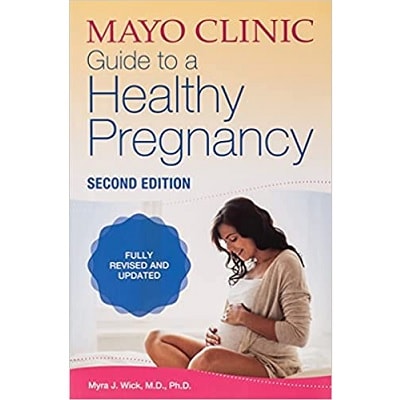
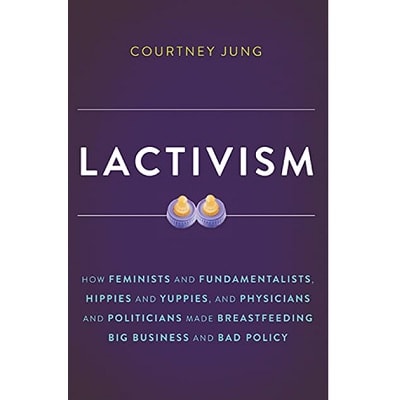
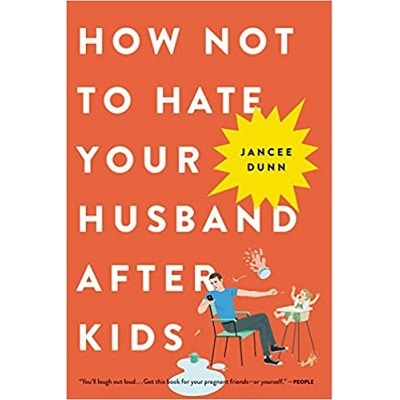
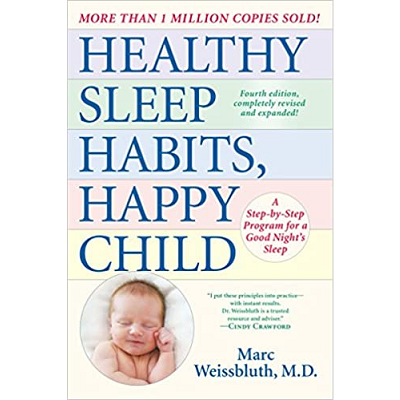
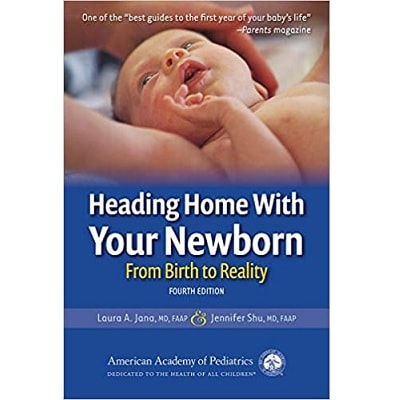
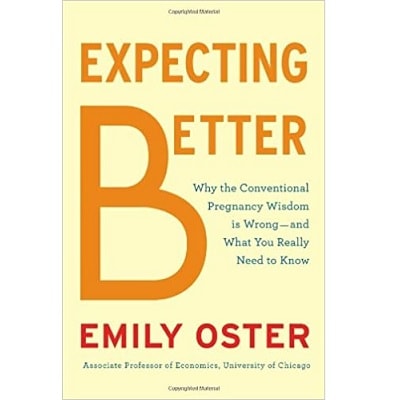
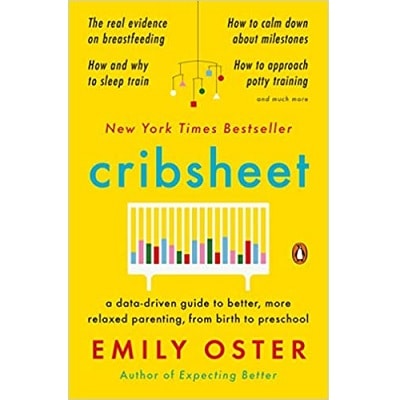
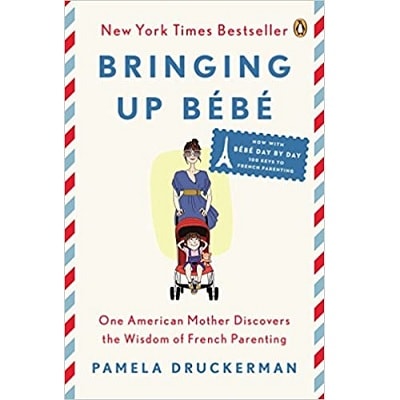
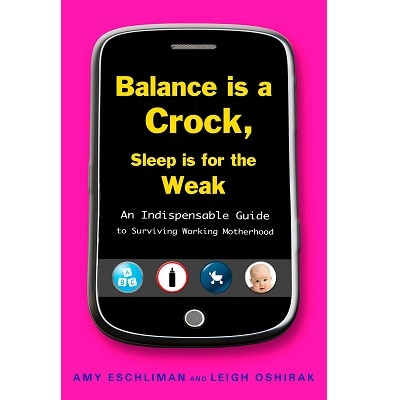
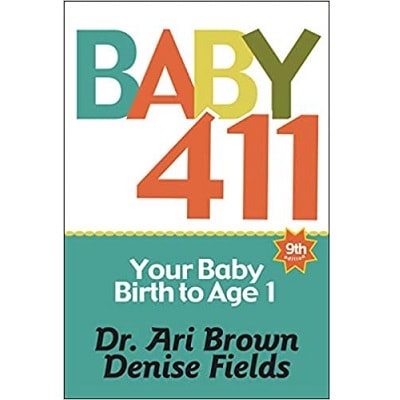
We used the SNOO for our first child who is now 8 months old. I think it had some perks, like I do think it helped our terribly-napping baby become an OK, still below-average, napper. I also think once we moved her out of our room at 3 months it made a bigger difference for night sleep soothing. The swaddles that it comes with are great and fit babies who are very small at first (ours was born around 5 lbs). The price tag was steep, although we bought it with the healthcare worker discount (I think all-told, SNOO 900, sheets 30.00 per set, swaddles 30.00 each and you need at least 3), and ended up selling it on Ebay for 1000.00 (including all the sheets, swaddles). I think it was worth trying since we essentially got most of our money back, although I am not sure we will buy it again for #2 if/when that happens.
I also recommend Science of Mom. Emily Willingham and Tara Haelle’s book The Informed Parent is also very good.
Science of Mom by Alice Callahan is an actually helpful guide to the first year, written by a scientist.